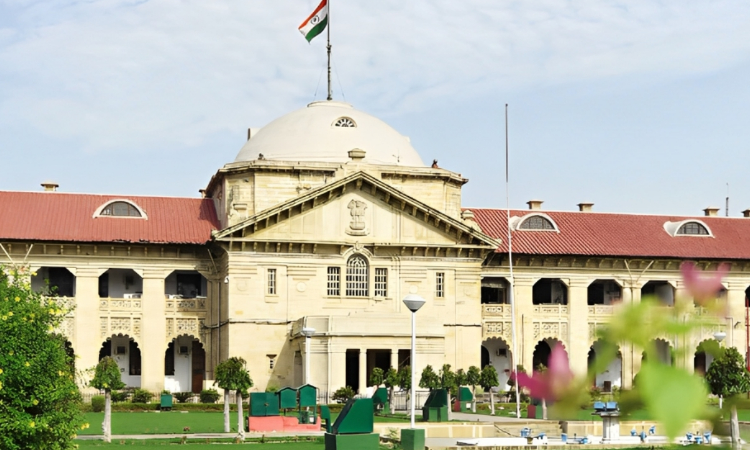Citizenship Act 1955 | Nativity Certificate Not Mandatory For Grant Of OCI Card: Allahabad High Court
Upasna Agrawal
19 Jan 2024 12:30 PM IST

Next Story
19 Jan 2024 12:30 PM IST
The Allahabad High Court has held that Nativity certificate is not mandatory under the Citizenship Act 1955 and the rules made thereunder for grant of Overseas Citizenship of India to a foreign national.While dealing with a case of foreign national of Indian Origin seeking OCI card, the bench comprising Justice Mahesh Chandra Tripathi and Justice Prashant Kumar held,“Section 7(A) of...
